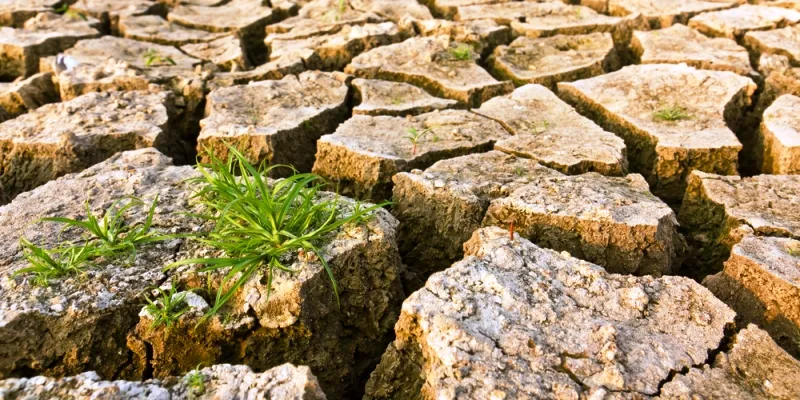Green technology, funds crucial to India's climate change
Ahead of the climate change summit in Paris in December, India today said green technology needs of emerging economies are “crucial” to fight greenhouse gas emissions and sought financial as well as technological support from developed nations. Environment Minister Prakash Javadekar also rued that the finance and technology mechanism under the United Nations Framework Convention on Climate Change (UNFCCC) are neither working at its optimum level nor in tandem and urged nations to find the “cohesion” at the earliest. Technology needs of emerging economies such as India are crucial in the fight against climate change. Prime Minister Narendra Modi has promised to deliver power to all by 2022.

“A significant portion of that will be from clean energy sources, given our commitments to rapidly expand wind power, solar power and nuclear energy. For this, we need the support of developed countries through both financial as well as technology flows”, the Minister said during “Technology and Climate Change: Innovation and Partnership for Transitional Change” organized by ORF. Javadekar stressed on the importance of devising mechanisms for technology transfer in which innovators are rewarded while climate change imperative is not compromised.
Not only should technology transfer needs to be enhanced but at the same time, there should be stress on joint production, R&D and innovation and joint collaborative research, he said. “The finance mechanism and technology mechanism under the UNFCCC are not working at the optimum level and are not working in tandem. This cohesion needs to be found now so that by 2020 when a new agreement comes into force, the mechanisms work harmoniously for effective climate action”, he said.
Referring to Modi’s annoucement of providing power to all by 2022, Javadekar said that the power will come from clean energy sources like solar and wind energy and all this will reflect in the Intended Nationally Determined Contributions (INDC). India is likely to announce its INDCs soon. He said that there should not be a situation where barriers to technology access in 2020 will “compromise” the ability of developing countries to take ambitious climate change action. “Enhanced domestic climate action in India can serve as a catalyst for greater technological collaboration globally and increased opportunities for climate-relevant technology industries of developed nations, such as the UK”, Javadekar said.
He said that India and the UK can work together. Therefore, this meeting can create newer avenues for meeting the climate change challenge. He said that technology is central in achieving the goals enshrined in the Rio convention and the post 2015 development agenda and India has also been pushing for technology transfer in other sectors. Javadekar said that if one can fight HIV AIDS jointly, why can’t the world fight climate change jointly and private investment needs to come into research. However, although people need to be compensated, the world has the right to get technology free of Intellectual Property Rights so that they can make it in a quantity that make a real change to climate challenge.
Meanwhile, UK Energy and Climate Change Minister Amber Rudd noted that the scale of the challenge of a global low carbon transition is larger than any single country’s capacity or budget which is why collaboration is key to it. “And it is for this reason that the UK is also dedicated to strengthening financial flows from developed nations to developing countries that often lack the capital and capacity to invest in low-carbon technologies”, Rudd said.
She hoped that securing an ambitious agreement in the international climate change negotiations in Paris is the best chance to drive the scale of innovation and action that is needed for a global transition to a low-carbon economy. Referring to the Prime Minister’s remark that the UK and India can be an “unbeatable combination”, Rudd said that low-carbon technology can be another string in the bow of the UK-India relationship. Rudd said that Modi’s visit to the UK in November will be an excellent opportunity to build on what is already there, raise ambition and to show how India and the UK can lead the world in low-carbon growth.
Image Credit: Shutterstock
Read More:
Obama unveils major climate change plan
India offers technology to Pacific island countries to cope with climate change
“Targets to tackle climate change will remain a dream without affordable technology”, Narendra Modi says







